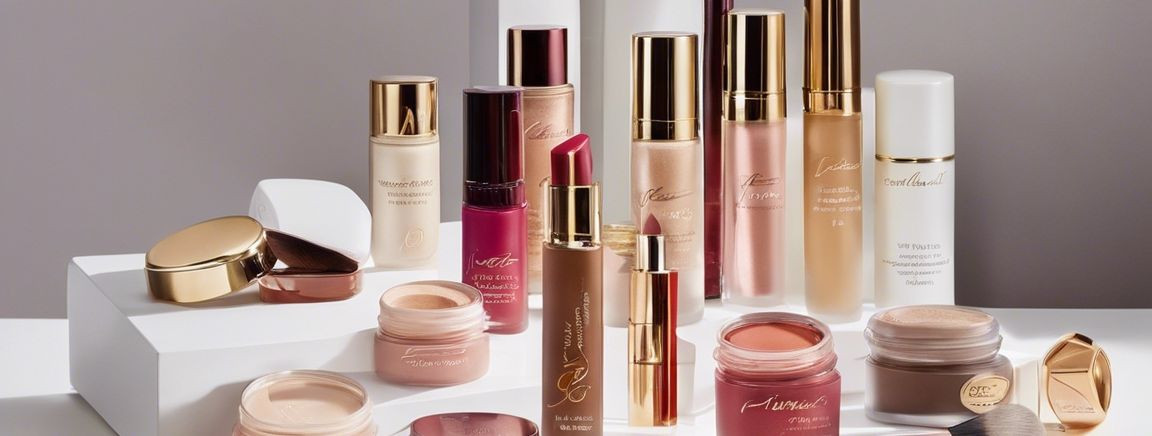Sustainable beauty: more than just a trend
Sustainable beauty is an approach to personal care that seeks to minimize the environmental footprint of products and services. It encompasses everything from the sourcing of ingredients to the manufacturing processes, packaging, and even the disposal of beauty products. This holistic view of beauty is not just about looking good, but also about doing good for the planet and its inhabitants.
As awareness of environmental issues grows, consumers are increasingly seeking out brands and products that align with their values. Sustainable beauty is gaining momentum as part of a larger movement towards eco-conscious consumerism, where the choices we make in our daily lives reflect a commitment to preserving the natural world.
The Importance of Sustainability in the Beauty Industry
The beauty industry has traditionally been a significant contributor to environmental problems, from the depletion of natural resources to the pollution of waterways with chemicals and plastics. Sustainable beauty practices aim to address these issues by reducing waste, using renewable resources, and avoiding harmful substances.
Aside from the environmental advantages, sustainable beauty products often offer health benefits as well. Many are free from synthetic chemicals and potential irritants, making them safer for both the skin and the body as a whole.
Key Elements of Sustainable Beauty
At the heart of sustainable beauty is the ethical sourcing of ingredients. This means ensuring that raw materials are obtained in a responsible manner, with respect for the people who produce them and the ecosystems from which they are harvested.
Using organic and natural ingredients is another cornerstone of sustainable beauty. These substances are grown without harmful pesticides and chemicals, offering a purer and often more effective product.
Reducing packaging waste is crucial in the fight against pollution. Sustainable beauty brands often opt for recyclable, biodegradable, or reusable packaging, and some even offer zero-waste products that leave no trace behind.
Challenges Facing Sustainable Beauty
One of the biggest challenges for consumers is distinguishing genuinely sustainable products from those that are merely marketed as such. Greenwashing, the practice of making misleading claims about the environmental benefits of a product, is a significant hurdle for the industry to overcome.
While the demand for sustainable beauty options is on the rise, accessibility and affordability remain issues. High-quality, sustainable products can be more expensive and harder to find than their conventional counterparts, making it difficult for all consumers to make the switch.
How to Embrace Sustainable Beauty Practices
Embracing sustainable beauty starts with choosing the right products. This means reading labels carefully, researching brands, and being mindful of the ingredients and packaging used.
Supporting brands that are committed to sustainable practices is another way to promote a more eco-friendly beauty industry. By voting with our wallets, we can encourage more companies to adopt responsible practices.
DIY beauty and home remedies are a great way to reduce waste and ensure that only natural ingredients are being used. Many effective beauty treatments can be made from simple ingredients found in the kitchen, offering a sustainable and cost-effective alternative to store-bought products.
The Role of Beauty Salons in Promoting Sustainability
Abella OÜ is at the forefront of the sustainable beauty movement in Tartu. Our commitment to providing eco-friendly and organic beauty treatments is unwavering. We believe that beauty should not come at the expense of the planet, and we strive to offer services that reflect this philosophy.
At Abella OÜ, we offer a range of beauty services and products that align with the principles of sustainability. From organic facials to eco-friendly nail treatments, our offerings are designed to meet the needs of environmentally conscious individuals who do not want to compromise on quality or efficacy.






Comments (0)